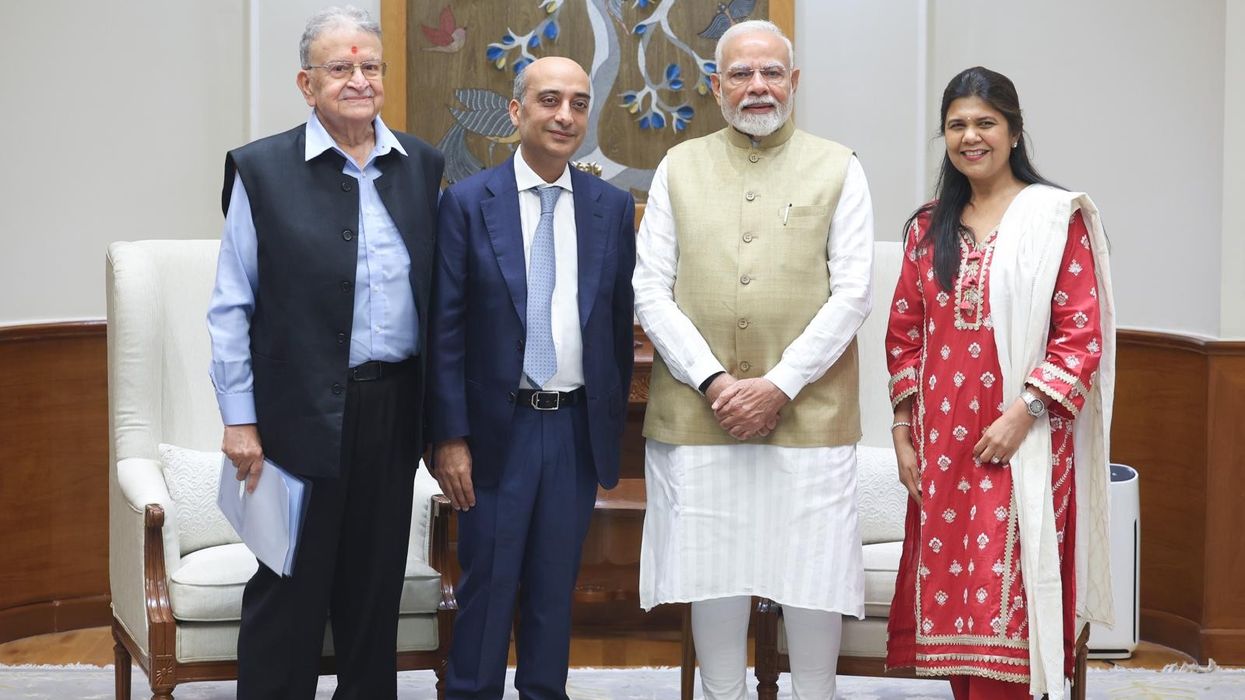Executives from the Madhvani Group, including Shrai Madhvani, his wife Aparna Madhvani, and director Nitin Gadhia, met Indian Prime Minister Narendra Modi at his official residence in New Delhi on Saturday to discuss the group’s proposed investments in India, including the acquisition of Hindustan National Glass Ltd (HNGIL).
The meeting focused on the group's plans to invest in India through INSCO, which is seeking to acquire HNGIL, the country’s largest container glass manufacturer. The acquisition is currently awaiting approval from the National Company Law Tribunal (NCLT), following key rulings by the Supreme Court of India on January 29 and May 16, 2025.
On the same day, the Committee of Creditors, led by the State Bank of India, approved INSCO’s resolution plan with 96.14% voting in favour.
Prime Minister Modi welcomed the proposed investment, highlighting its potential to generate employment and contribute to India’s economic development.
During the meeting, Madhvani presented Modi with Tide of Fortune, a book written by his late father, Manubhai Madhvani, and Flowers from the Bhagavad Gita, authored by his brother, Kamlesh Madhvani. Aparna Madhvani also shared two poems she had written for the Prime Minister as a personal tribute.





